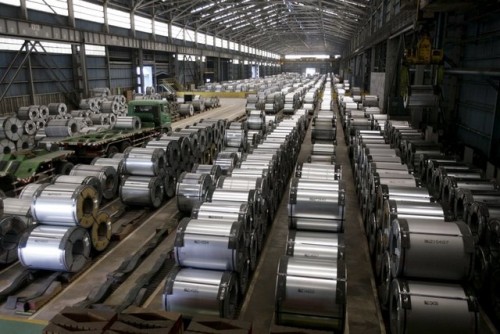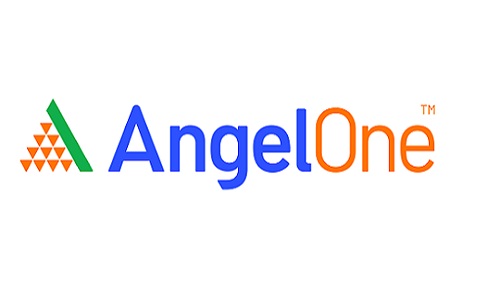Year-end note on the Private Equity Industry and Outlook for the year 2022 By Mr Mohit Ralhan, TIW Private Equity
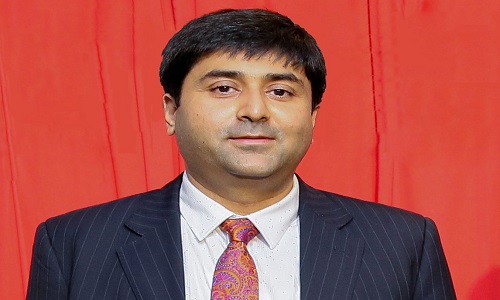
Follow us Now on Telegram ! Get daily 10 - 12 important updates on Business, Finance and Investment. Join our Telegram Channel
https://t.me/InvestmentGuruIndiacom
Download Telegram App before Joining the Channel
Below is the Year-end note on the Private Equity Industry and Outlook for the year 2022 by Mr Mohit Ralhan, Managing Partner & Chief Investment Officer of TIW Private Equity.
The PE industry has invested more than USD 75 billion in 2021, making it one of the strongest years for PE investments. More significantly, it was a growth of about 57% in comparison to a successful year of 2020. In terms of sectors, technology, e-commerce, financial services, and infrastructure were the largest, accounting for more than 50% of total investments. The COVID-19 pandemic disrupted several businesses across sectors and increased the demand of equity funding. It also resulted in moderation of the entry valuations for private equity firms. Early-stage investment and buyouts were the primary focus areas in 2021, showing mammoth growth in comparison to last year. The investment in early-stage companies topped up USD 25 billion mark which was an increase of ~5x over 2020. The buyout investments were close to USD 22 billion, growing by ~4.8x over 2020. This seemed quite logical, since in a macro environment where nominal growth has been under continuous pressure, the path to higher equity returns either passes through business disruptions, that can be achieved by backing startups or meaningful operating interventions which can be achieved by buyout funds.
2021 started low with January and February turning out to be slower months, but investment activities picked up significant pace from March. E-Commerce emerged as a significant focus area as COVID-19 accelerated adoption of digital sales channels. There were a few large investments including USD 800 million investment by QIA, GIC, Goldman Sachs, Naspers, and others in Swiggy, USD 313 million investment by Chrys Capital, TPG and Premji Invest in FirstCry, USD 280 million investment by Tencent, Lightspeed and Altimeter Capital in Udaan.com, and USD 250 million investment by Tiger Global, Steadview, Fidelity and others in Zomato.
Technology remains an evergreen sector for PE investments given India’s critical role in the global value chain of technology. One of the largest deals was acquisition of majority stake in Mphasis for about USD 2.8 billion by Blackstone, ADIA, UC Investments and GIC. Incidentally, an older fund of Blackstone was the seller in this deal. Another major technology investments were buyout of Infogain Corporation by Apax Partners, buyout of SPI Global by Baring Asia and buyout of Encora Digital by Advent.
One of the biggest success areas in 2021 was IPOs of PE backed companies, giving exits to PE investors. The IPOs of Indigo Paints, Home First Finance, CarTrade, PolicyBazaar, Star Health, Nykaa, Tarsons, Go Fashion, Saaphire Foods, Tega Industries, Aptus Value Housing, Krsnaa Diagnostics, Vijaya Diagnostics, and several others scripted a new history as PE firms were able to generate significant returns through these public listing. At end of November 2021, the number of IPOs of PE backed companies stood at 39, which is the highest ever. This was considered one of the weak areas of Indian PE ecosystem which has got bridged now. 2021 also witnessed ReNew Power’s SPAC listing which was the first for an Indian company. Going forward we expect that IPOs and SPACs can become a larger exit route for PE investors in comparison to the previous decades.
The PE investors in India are also taking a platform approach to business, where they are converting a base company to a business platform and funding it for acquisitions. A few examples include PayU’s acquisition of Billdesk, ReNew Power’s acquisition of Ostro Energy, BYJU’s acquisition of Aakash Educational Services and Great Learning Education on the back of its acquisition of WhiteHat Jr in 2020. Real Estate is another sector where PE investors have built acquisition platforms such as Blackstone’s Nexus Mall and Embassy Office Parks, CPPIB’s Island Star City Mall and Xander Group’s Virtuous Retail. Apart from real estate, PE firms are also consolidating assets in Renewable Energy, Consumer, Healthcare, Infrastructure, and e-commerce sectors. Electric Vehicle value chain is also expected to become one of such sectors in the future.
The outlook for 2022 remains extremely positive and we expect the growth to continue. The PE investments are likely to be driven by sectors that have been relatively immune to the impacts of COVID19, such as e-commerce, technology, pharmaceuticals, healthcare, consumer, and real estate. We also expect IPO driven exits to further increase as several unicorns may plan their IPOs including a few large ones like BYJU, Ola, PharmEasy, Delhivery, Droom and MobiKwik. The Indian economy has recovered quite well, and it is expected to be amongst the fastest growing economies in 2022. The PE industry is likely to be in a sweet spot in 2022 from both investments and exit perspective.
To Read Complete Report & Disclaimer Click Here
Above views are of the author and not of the website kindly read disclaimer
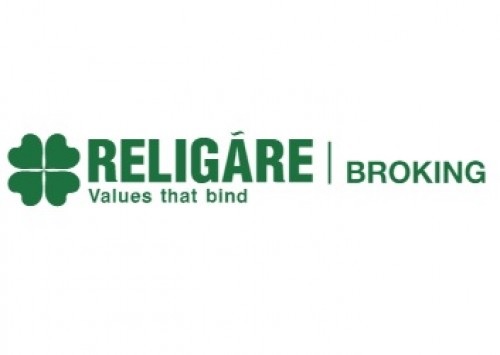

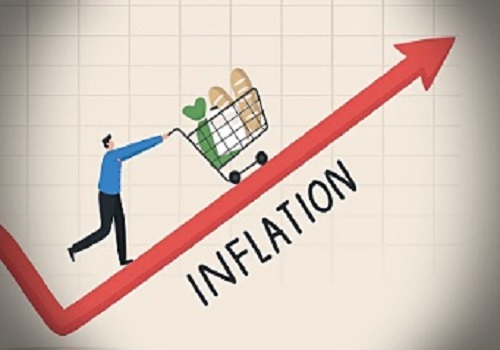



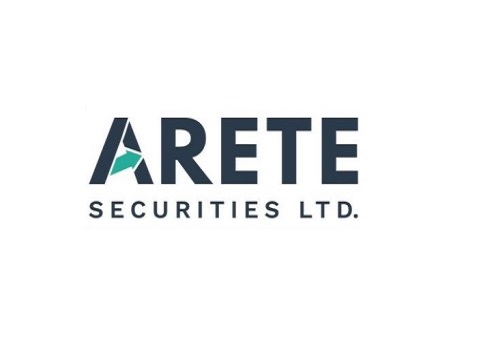
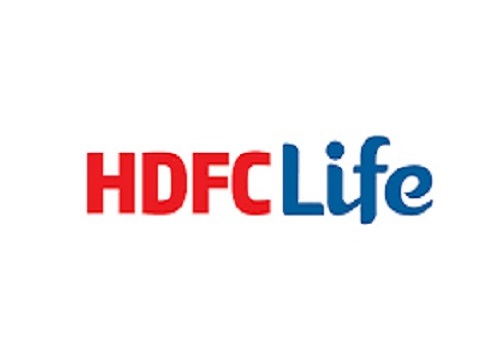


Tag News
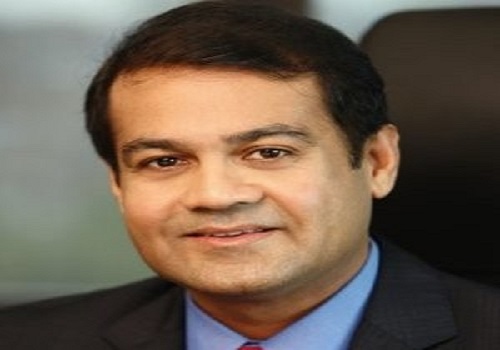
We anticipate immense potential benefits from the upcoming Sovereign Gold Bond Tranche in FY...










